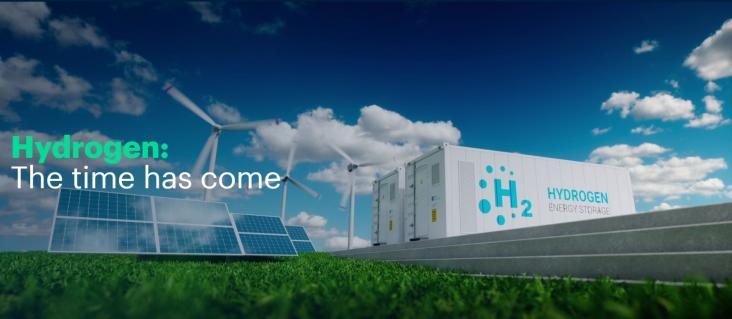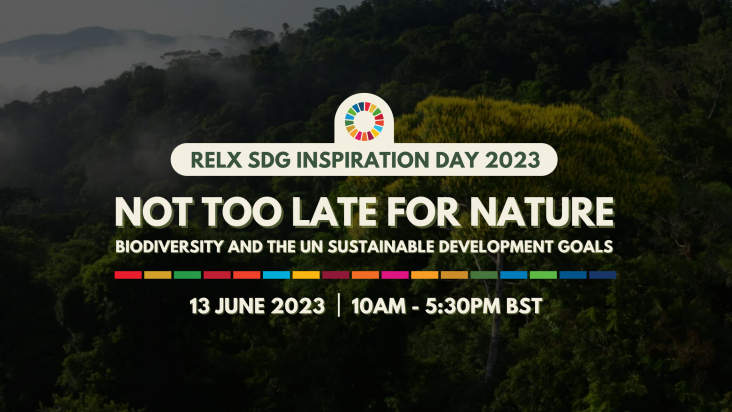Fossil fuel utilization as an energy resource is the main cause of CO2 emission; therefore, a new energy economic concept is required to achieve carbon neutrality to mitigate climate change impacts. Here, the authors propose a green-alcohol (green-ol) economy wherein green-ol, a major chemical used in CO2 recycling, can serve as fuel for land (e.g. ethanol) and air transport (e.g. butanol), and as a liquid organic hydrogen carrier (LOHC, e.g. methanol) for green hydrogen.

To mark the 50th Anniversary of World Environment Day on 5 June 2023, Elsevier proudly presents a curated list of publicly available journal articles and book chapters in support of this year's theme “Solutions to Plastics Pollution”. Please share and download.
This chapter advances UN SDG goals 7 and 13 by providing an overview of the current prospects and challenges involved in scaling low-carbon H2 production in Europe.

As the world scrambles to reach net-zero emissions by 2050, hydrogen has emerged as a potential silver bullet to help mitigate climate change. Hydrogen has been in consideration as a potential aid to decarbonization for over 50 years. However, it is only now that it has gained traction in government strategies, business plans, and the media. But what makes the attention given to hydrogen in the 2020s different from the 1970s? This article relates to SDGs 7 and 13.
Elsevier,
Wind Energy Engineering (Second Edition), A Handbook for Onshore and Offshore Wind Turbines, 2023, Pages 475-487
This chapter aligns with Goals 7, 9 and 12 by assessing the interconnections between - and environmental implications of - wind energy development and use of rare earth elements.

This article, relating to SDGs 7 and 13, details Europe's race to maintain its position as a leader in renewable energy as global green wars intensify. Although Europe is investing heavily in new green technologies, they face significant challenges including increasing competition from countries like China and the US, as well as political and economic challenges.

Register today for the ninth RELX SDG Inspiration Day - a free, online event for thought leaders, corporate representatives, students, investors, government and NGOs to explore issues, gain practical insights and be inspired to take action in support of the UN Sustainable Development Goals.
Possible but rare: Safe and just satisfaction of national human needs in terms of ecosystem services
One Earth, Volume 6, 21 April 2023

The authors investigate a countries ability to provide adequate food, energy, and water, without exceeding nature's carrying capacity. They show that 67% of nations are operating within a safe space for water provision.
This article supports SDGs 7 and 13 by achieving the efficient CO2 capture via connecting a packed bubble column (S-PBC) contactor in series, combined with machine learning and multi-objective optimization based on Enhanced Weathering (EW) technology.

Earth Day is celebrated annually on April 22nd every year to demonstrate support for environmental protection. The theme for Earth day 2023 is Invest In Our Planet. Elsevier is proud to highlight these freely accessible book chapters and journal articles in honour of this event.
